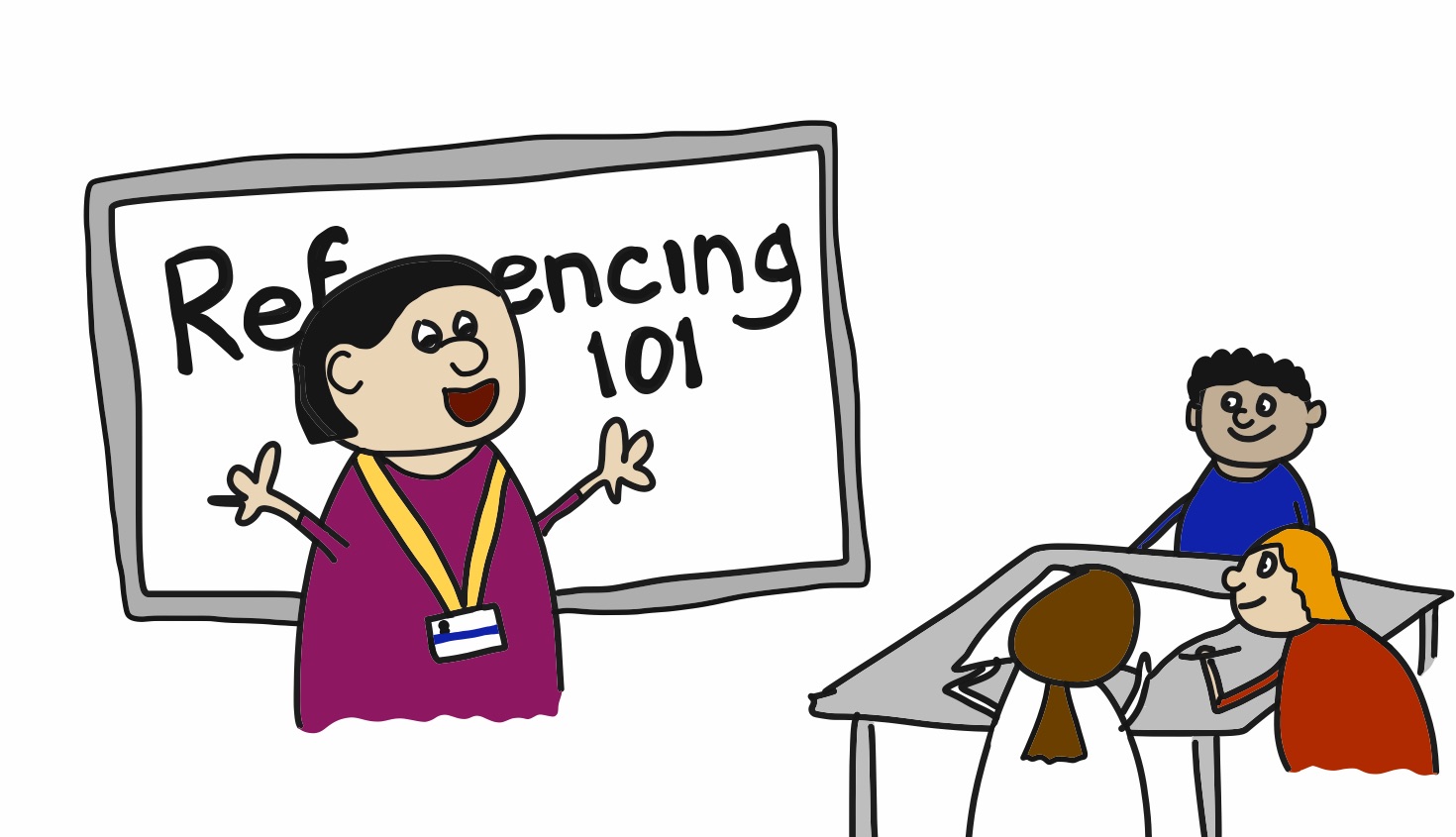Independent learning
Becoming an independent learner is critical to success at university and beyond. It is probably the most important difference between a school education and higher education and yet it is rarely taught or explained.
As a concept it simply means that you are responsible for your own learning. The teaching and support staff are here to help you and your programme and modules will guide the direction of your learning. However, ultimately you are an adult and in control of your own experience.
This can be quite challenging when you have only just left school or are returning to education after a career or family break. Don’t worry though, the higher education system is designed to introduce independence gradually and your first year is likely to have more structure and give you more time with the teaching staff than future years. It will however, still give you more independence than you had at school (and more independence than you will have in many jobs).
Helping yourself
During your time at university, there will be many times when you feel it is too hard, that you don’t have the skills you need and that you are given too little information to do your best work. At these points you need to take back control and seek help because ignoring the problem will not make it go away. That does not necessarily mean seeking out a tutor or your AST. The help you require is often available online, by reading books or by looking for support outside your department (we, the Skills Team are here to help you develop general academic skills for example).
Independent learning does NOT mean doing it all alone, it means identifying when you need help and taking steps to find it.
We have a web page dedicated to Independent Learning which we recommend you take a look at. Before then, check out our five quick tips below for developing independence as a learner.
Five Quick Tips
- Expect it to be hard

This is higher education, the clue is in the name. It is expected to stretch you. Your tutors know they are pushing you and have high expectations of you. That is a good thing. Embrace it. If it wasn’t hard it wouldn’t be worth it. Just because you don’t find it easy does not mean you are failing, it means you are developing. Go you! - Use your time effectively
A lot of the early problems with working independently are because you have never had to manage your own time before. Although you have timetabled sessions, there are many gaps in your day that you need to fill productively. That doesn’t mean that a coffee with friends isn’t important (especially if you combine it with the above) but often you have more useful stuff you could be doing. Remember that for every module credit you should put in 10 hours of work. So for a 20 credit module, with a 2 hour lecture and a 1 hour seminar per week, you need to be working an additional 164 hours! A lot of this will come when you are working on assignments (and get those deadline dates in your diary!) but clearly not all. You should build in reading time, time to go over your lecture notes and time to develop the other skills you need to do the assignment. Coming along to the library is a great place to do all three! - Make sure you have the skills you need

You will need to develop a whole range of new skills to thrive at university. The University Library’s Skills Team (www.hull.ac.uk/skills) is here to help you develop a range of academic and digital skills. We have lots of online guides to look at as well as workshops and webinars that you can take part in. - Google it!
This is not meant to be flippant. Sometimes simply googling something that you are unsure about can point you to some great resources from other institutions which can help you. For example, if you google “Critical thinking” the first few pages of results includes many online help pages from other universities which all give great advice (after you have checked out our own Being Critical pages of course). If the issue is with a module or assignment specifically then your first step should be to check the module handbook on Canvas and if that doesn’t help, ask your lecturer or go to your faculty hub. - Talk to your peers

The other students on your course or in your school/department can be a great source of help and advice. Often talking to others just makes you realise that you are not the only person who doesn’t understand and having someone to seek help with can be supportive. If you are lucky enough to have PASS (Peer Assisted Study Sessions) on one of your modules then take the opportunity to go along to talk to other students on the module or students who have already taken the module – even if you have issues with different areas they can still help.
Most of all, relish the fact that you’re in control of a good portion of your day, your work and your life.
